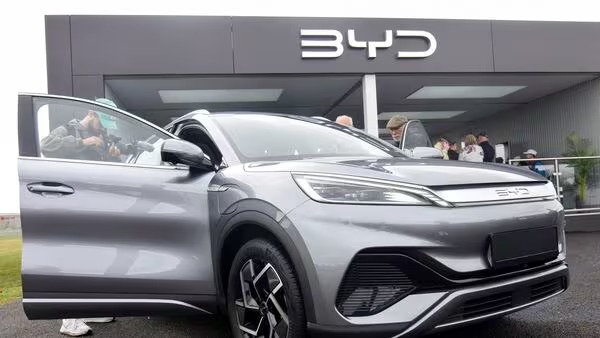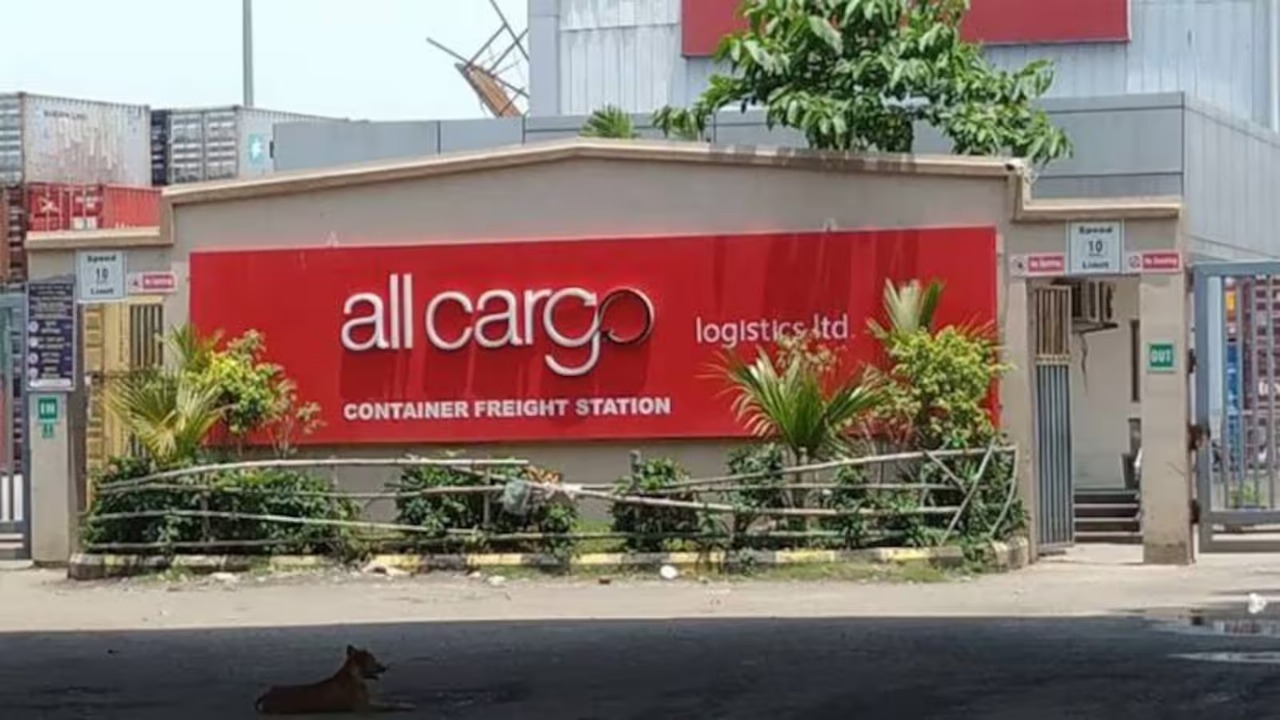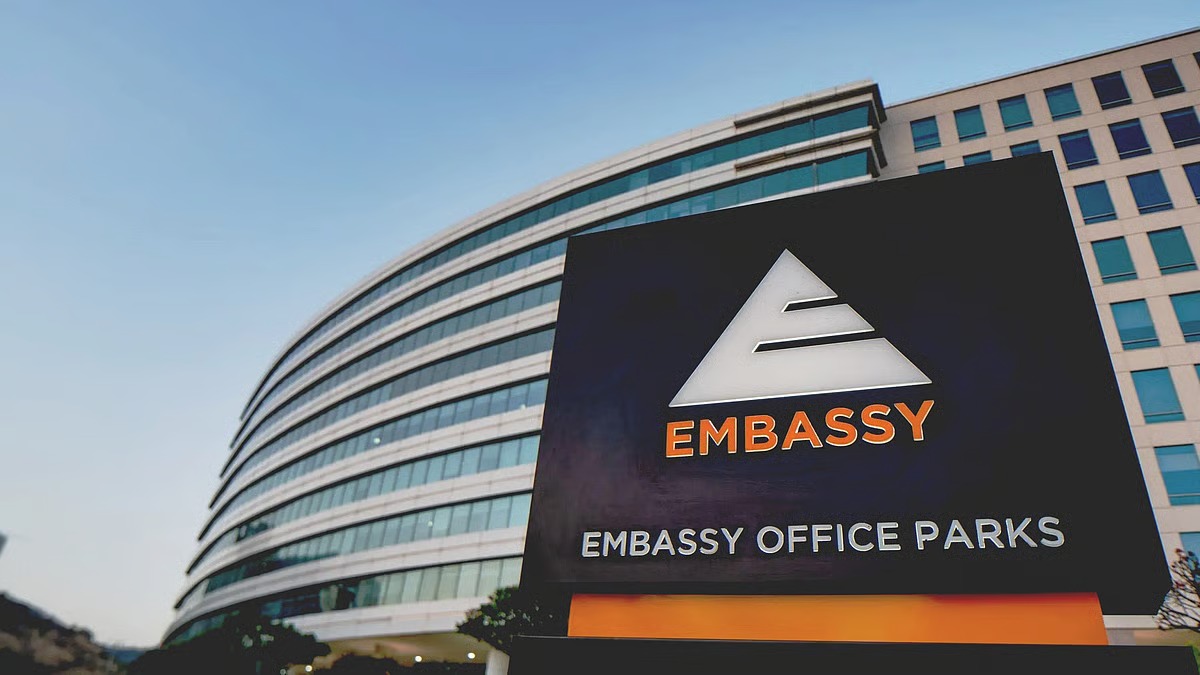India made a firm move on its electric vehicle (EV) policy by blocking market entry for China's BYD Co., while going all out to woo Elon Musk-owned Tesla Inc. The action reflects New Delhi's circumspect attitude towards Chinese investments despite sustained geopolitical worries, even as India aims to become an EV manufacturing hub globally.
Key Points
Rejection of BYD's Investment Offer: India earlier rejected a $1 billion investment offer from BYD to establish an EV production facility in association with a domestic company, citing strategic reasons and concerns about the lack of transparency in Chinese companies' ownership patterns and association with the Communist regime.
Tesla's Entry Strategy: India is aggressively chasing Tesla's investment, with the company weighing contract manufacturing as an option and readying to homologate its Model Y and Model 3 cars for India. Tesla has also gained showroom locations in Mumbai and Delhi.
Protectionist Policies: India keeps import tariffs (as high as 100% on completely assembled cars) high to shield indigenous car manufacturers such as Tata Motors and Mahindra & Mahindra. The policies have kept foreign entrants such as Tesla at bay, but negotiations are in the offing to relax rules.
Geopolitical Issues: The government's prudent action is due to increased monitoring of China's trade policies, such as subsidies and loan write-offs that are trade-distorting. Investment screening under Press Note 3 still needs government clearance for investment from nations with land borders with India.
India's EV Dream: India is working towards becoming an EV manufacturing hub globally. Domestic players hold sway in the market, but the entry of Tesla may redefine competition.
Implications
India's move is in line with wider geopolitical and economic goals of balancing protectionism with pulling in foreign investments. Tesla's hypothetical entry would be a key milestone in India's move towards electrification, while BYD's omission indicates wariness against Chinese companies. High tariffs and bureaucratic barriers are still major obstacles in the way for foreign carmakers planning to make inroads into India's expanding EV market.
Sources: Bloomberg, Economic Times, Hindustan Times, CNBC TV18, Financial Express







